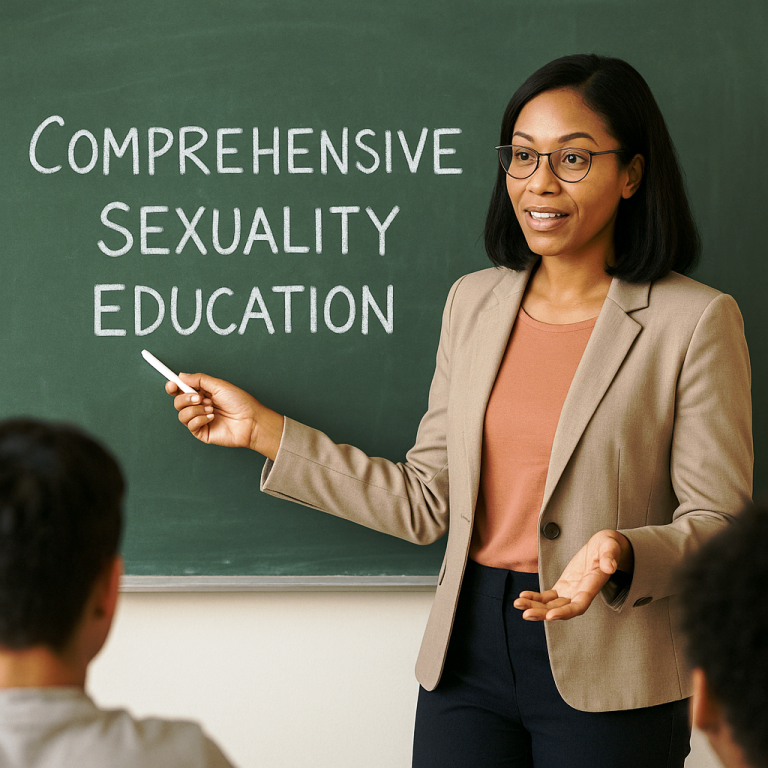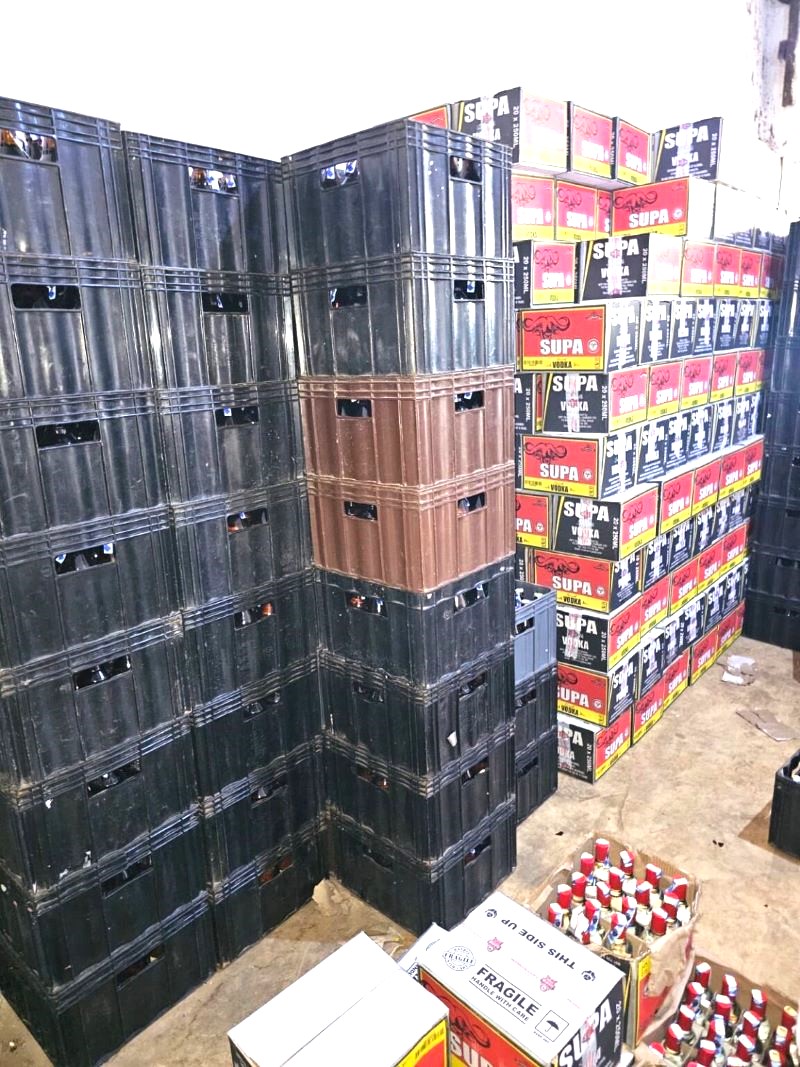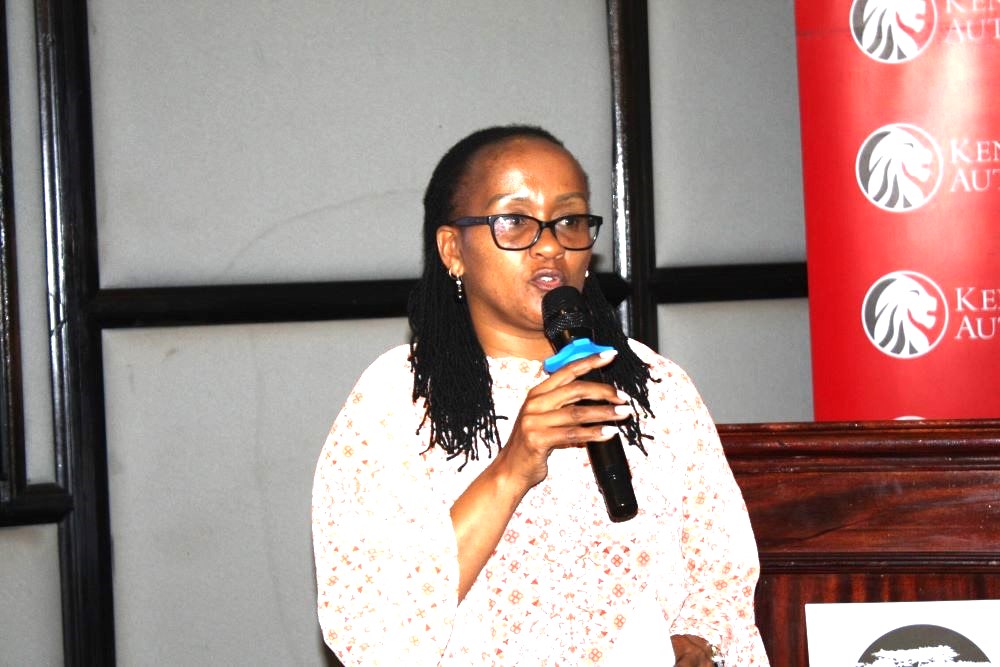Doris Kathia’s article on the importance of Comprehensive Sexuality Education (CSE), published in one of the dailies on Wednesday, 6 August 2025, is timely and necessary. She rightly calls out the systemic failure in our schools, pointing out how abuse thrives in silence, shame, and lack of knowledge. We fully affirm her argument that CSE, if taught consistently and correctly, equips learners with the vocabulary, awareness, and confidence to report abuse. It must become an integral part of our school culture if we are serious about creating safer, gender-sensitive learning environments.
However, as we advocate for safeguards for learners, we must not overlook the fact that teachers, too, are vulnerable—albeit in different ways. Some learners have weaponised empathy. They exploit teachers’ concern and openness to manipulate situations, either for attention or as a cover for indiscipline. There are cases where innocent teachers have been wrongly accused, careers shattered, reputations ruined, and emotional damage inflicted, simply because systems are skewed to assume guilt before facts are established.
The teacher-learner relationship is no longer a simple power hierarchy. While teachers are still authority figures, they now work in emotionally charged environments, often without adequate support. They are expected to be mentors, parents, therapists, and disciplinarians—roles that sometimes conflict. It is easy to misstep when there are no clear guidelines on how to navigate complex learner behaviours.
READ ALSO:
PS Isaboke urges Daystar alumni to champion innovation and leadership
That is why CSE, in its proper design, must not be viewed as a learner-only toolkit. Teachers need it too. They must be empowered not just to deliver sexuality education effectively, but also to handle difficult student interactions, respond to manipulation, and protect their professional boundaries. They need the skills to deal with flirtation, blackmail, false allegations, and emotional dependency without reacting defensively or fearfully.
Training must go beyond content delivery. It should include case studies, role-plays, and practical frameworks on how to handle awkward scenarios while maintaining professionalism. It must teach teachers how to document their interactions, how to detect red flags, and how to seek help before situations escalate.
We are not suggesting moral equivalence between predator teachers and cunning students. The scales are never equal. But a safe school is one where both learners and teachers are protected. When teachers feel constantly at risk of being misunderstood, they may withdraw, become cold, or leave the profession. That weakens the learning environment.
CSE must create a culture of mutual accountability. It must build a school ethos where trust is earned, maintained, and safeguarded—on all sides. Empower the learner, yes. But also empower the teacher. Both must be given tools to navigate the blurred lines, emotional pressures, and evolving social norms of the 21st-century classroom.
By Newton Maneno,
Teacher of English and Literature at Marifano Secondary School, Tana River County
Email: manenonewton1@gmail.com | Tel: 0769800375






